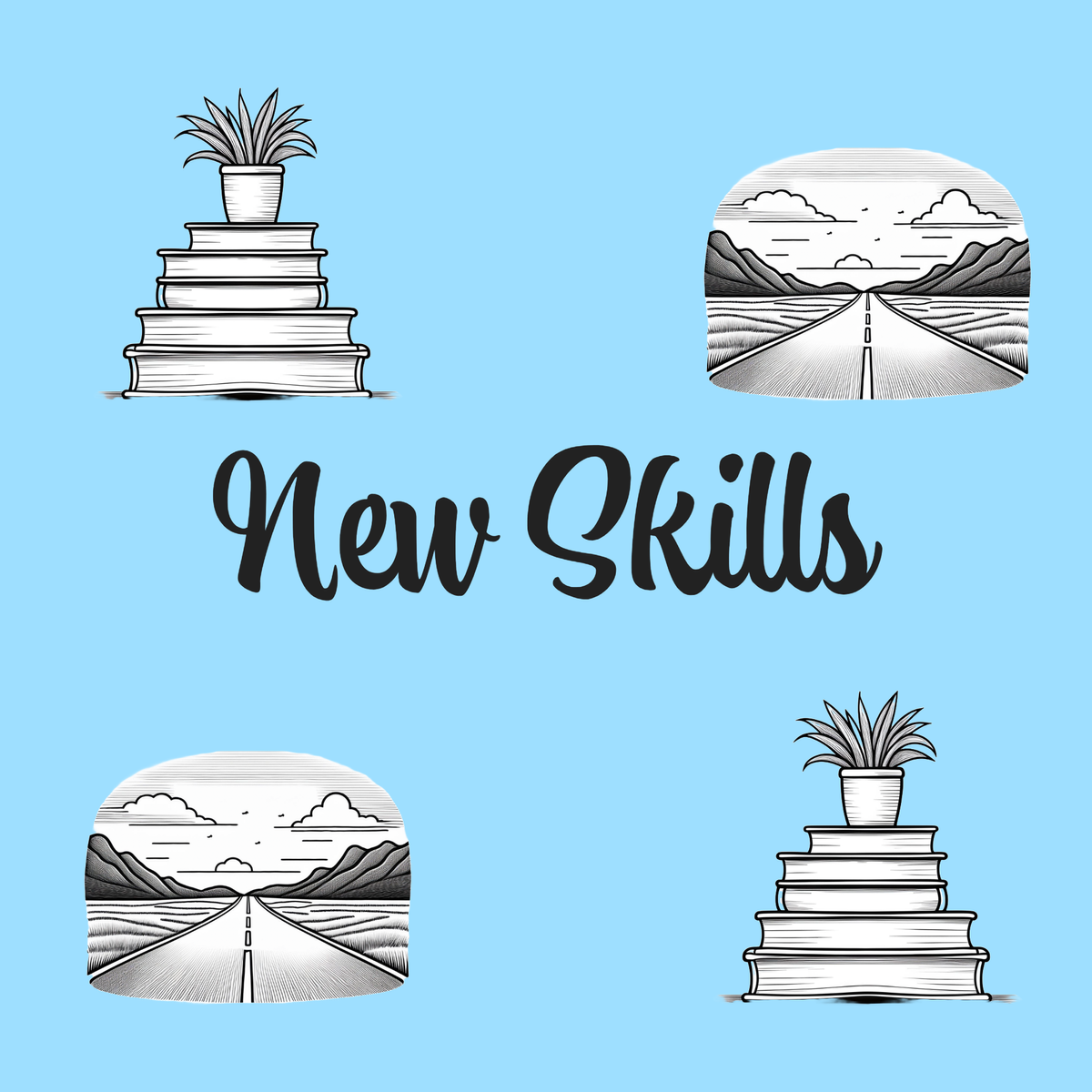Mastering New Skills: Building a Strong Learning Foundation

Hi Team,
Starting to learn a new topic can be a daunting experience, which is why it is so important to be prepared for what lies ahead. A study published in the Journal of Experimental Psychology: Learning, Memory, and Cognition highlights that the initial stages of learning a new skill are often the most challenging. Many individuals experience frustration and a high cognitive load, which can lead to early abandonment of the learning process. However, if we can find ways to appreciate the learning journey and overcome these challenges, achieving our end goals will be all the more rewarding.
Create Your Learning Foundation
The first step is to establish your learning foundation, which is the underlying reason behind embarking on this journey.
1. Find Your Motivation: Identify why you want to learn this topic. Without motivation, there is a high chance that your learning goal will falter. Setting SMART goals (Specific, Measurable, Actionable, Realistic, Time-Based) can help keep you motivated. For a refresher on SMART goals, check out our newsletter: Four Ways to Improve Your Ability to Learn.
2. Observe Your Surroundings: Understand how this goal will improve your situation. For example, if you need to learn a language to apply for a job, consider how success in that application would impact your life. This deep reflection ensures you enter opportunities with a true understanding of their potential benefits and challenges.
3. Know Your Method: Identify the best way for you to learn. Review our article on learning styles: What Type of Learner Are You?. Understanding your learning style helps in retaining information effectively. Remember, learning styles can be fluid, so keep practicing different methods until you find the best fit for you.
Mastering Retention: Effective Learning Techniques
To retain new information effectively, use a structured approach involving practice, testing, review, and repetition. Here are several techniques:
- Whiteboard Method: Write a subject or question in the center of a whiteboard and branch out with related points, creating a mind map. This method allows for flexible and dynamic learning without wasting paper.
- Memory Palace: Imagine a familiar location and attach the information you want to remember to various items within that space. This technique helps create memorable associations.
- Feynman Technique: Pretend to teach your learning material to a young child. Simplifying and breaking down the information improves understanding and retention.
- Quiz & Test: Test yourself in various ways, such as using flashcards, self-testing, or creating your own quizzes. Practice under conditions similar to the actual exam or presentation to build confidence. Vary the order of questions to avoid rote memorisation.
Closing Thoughts
The Association for Psychological Science suggests that continuous and prolonged mental challenges are necessary for cognitive improvement. Structured and engaging learning environments help individuals stay committed to their learning goals.
While finding enjoyment in a new topic increases the likelihood of continuing, it's important to prepare for occasional adversity. Being ready for challenges ensures you stay engaged with your topic and push through to achieve your end goals.
If you enjoyed this newsletter, please check out our website and subscribe for more updates: Productive Assets
